It may seem like a great idea to buy everything you can in bulk, but that's not necessarily the case. Often buying bulk foods mean saving money and cutting down on wasteful packaging, but a handful of items can go bad well before you've had a chance to work your way through them.
"Be realistic," says Epicurious Food Editor Rhoda Boone. "Check the expiration date. If the item has one, think about if you'll really use the amount you're buying in that time. You're not really saving money if you're going to throw spoiled food away."
Here are a few things you're better off buying in small doses:
1. Nuts and Seeds
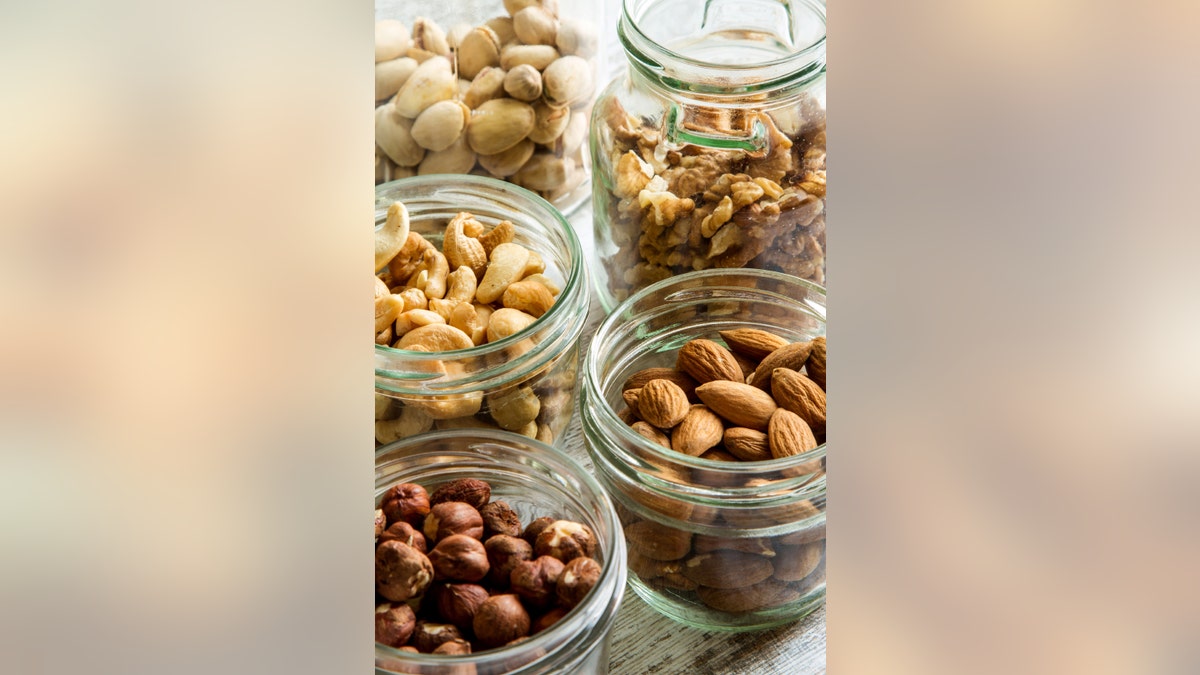
Selection of dried fruits in jars (iStock)
Both contain lots of oil, which come from healthy unsaturated fats. But these fats unfortunately can go rancid quickly, resulting in stale nuts and seeds. Even when stored properly—in airtight containers in a cool, dark spot—they'll only keep for a couple of months. To extend that shelf life, keep those containers in the fridge or freezer, where they'll keep for up to 6 months or a year, respectively.
2. Flour
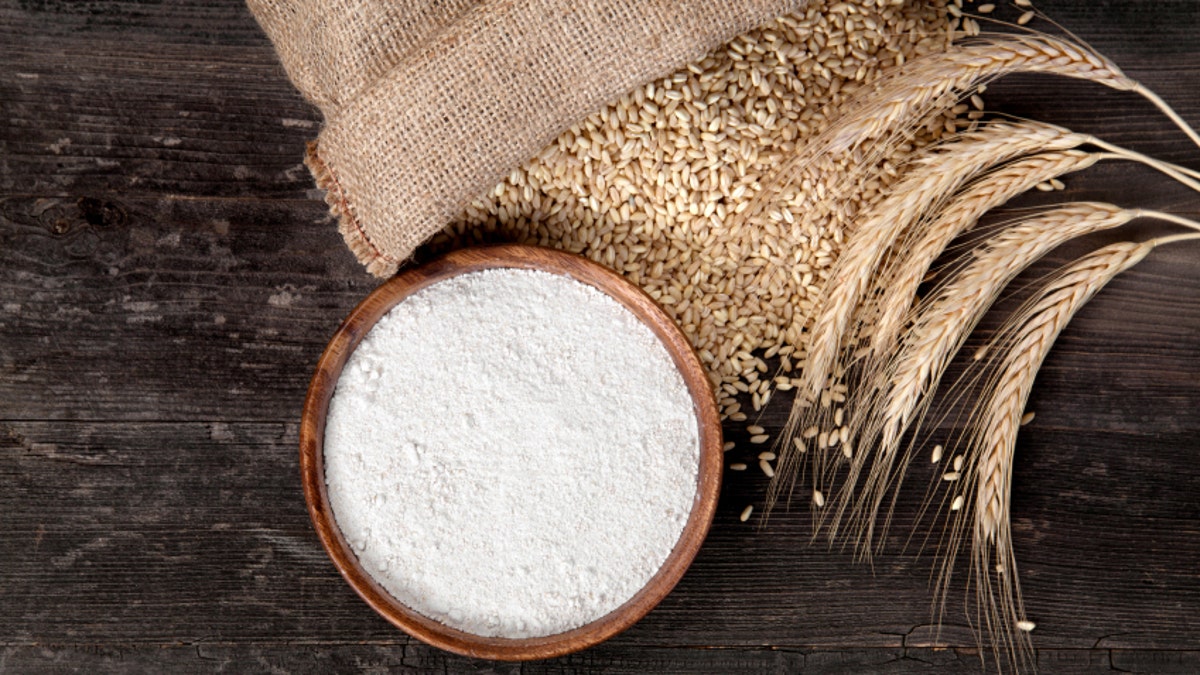
(iStock)
Whether it's all-purpose, whole wheat, or another variety, flour attracts moisture, so it can go rancid quickly. While refined flour like all-purpose can keep for up to a year, whole grain and nut flours only have a couple of months before they can start to turn. Your best bet is to buy in small quantities and store it in a cool, dark spot or even better, the refrigerator or freezer.
3. Spices
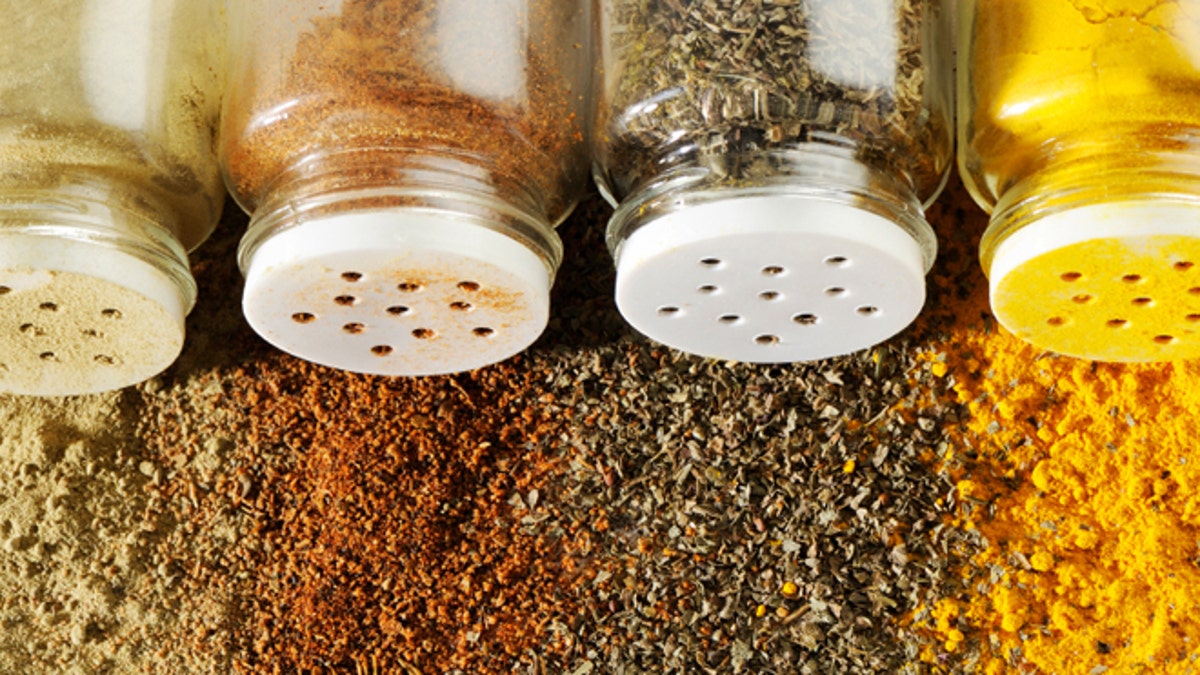
(iStock)
Though they actually don't go bad, spices go stale, and they go stale fast. Ground spices actually will start to loose their flavor after only 6 months, while whole spices have about a year. Since you're likely only using a small amount each time you cook, only buy what you think you'll use in a short period of time.
4. Brown Rice and Other Whole Grains
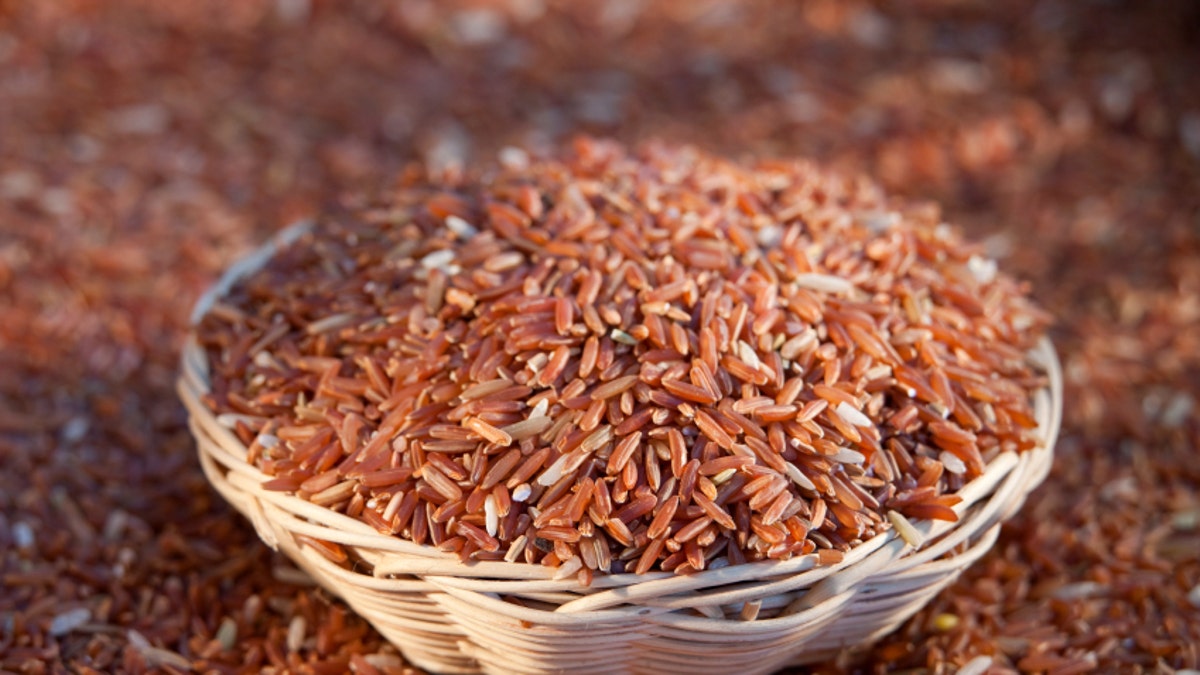
(iStock)
Just like nuts and seeds, whole grains are high in oils that go rancid quickly. These oils are in the grain's bran and germ, which are removed in processed grains like white rice but remain attached in whole grains. Only buy what you think you'll use in six months and keep it in an airtight container in a cool, dark spot.
5. Bread
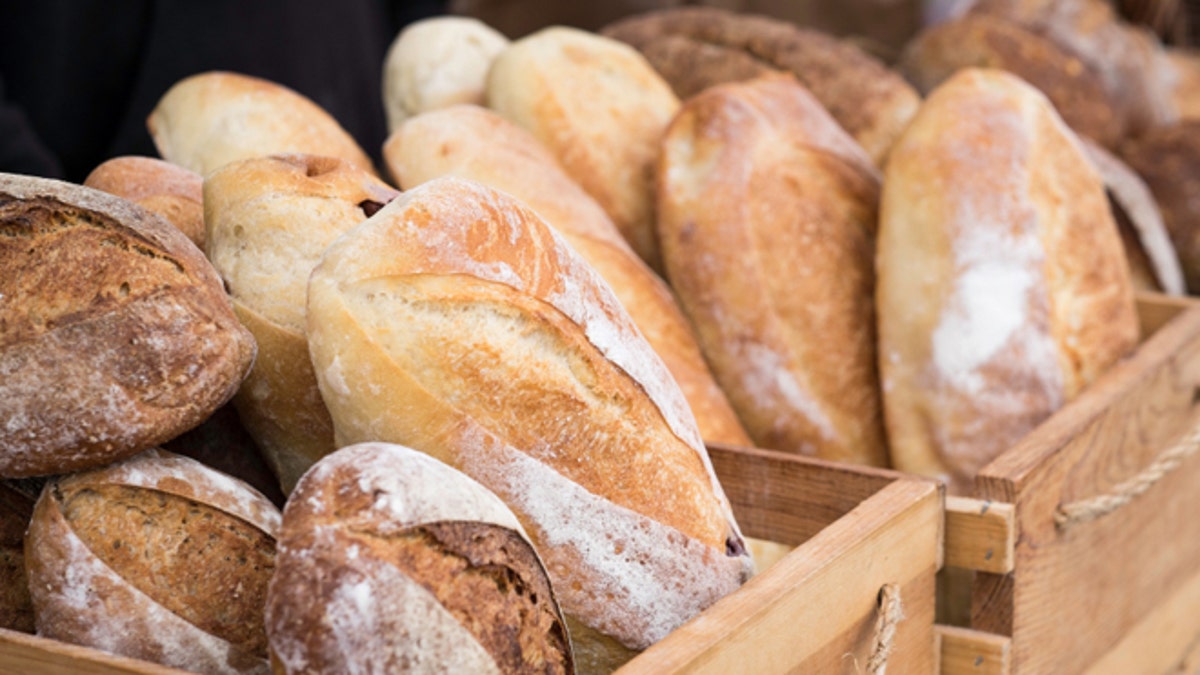
Loaves of homemade bread in wooden crates at an outdoor farmer's market. (iStock)
If you've ever left a baguette on the counter for a few too many hours, you know it gets rock hard fast. Though you can prevent bread from going stale by freezing it, no one has room for a freezerful of loaves. So while it may be tempting to stock up when your favorite bakery is having its end of day sale, try to be practical.
6. Oils
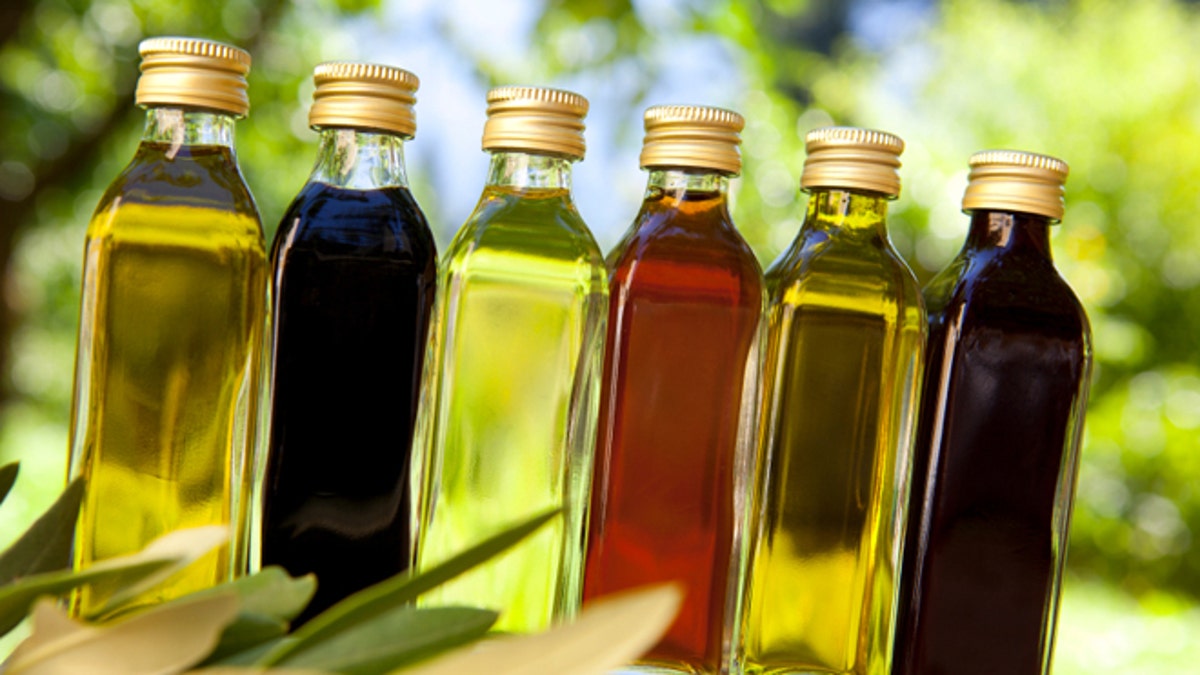
(iStock)
See a trend here? If nuts, seeds, and grains that contain oil go bad fast, pure oil is no different. No matter the oil—olive, sesame, canola, peanut—its shelf life is limited. While it's tempting to pick up one of those big jugs that are sold at the grocery store, unless you are deep-frying everything in your kitchen, there's no way you'll get through the container before it starts to go rancid in 3 to 6 months.
See more foods you should only buy in small batches.
More from Epicurious
14 No-Stress Ways to Cook Salmon
20 Must-Try Ways to Pair Items You Already Have In Your Pantry
